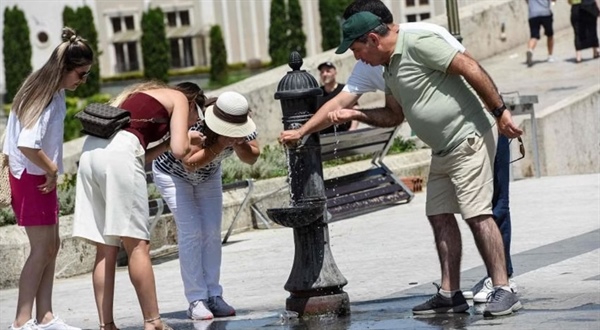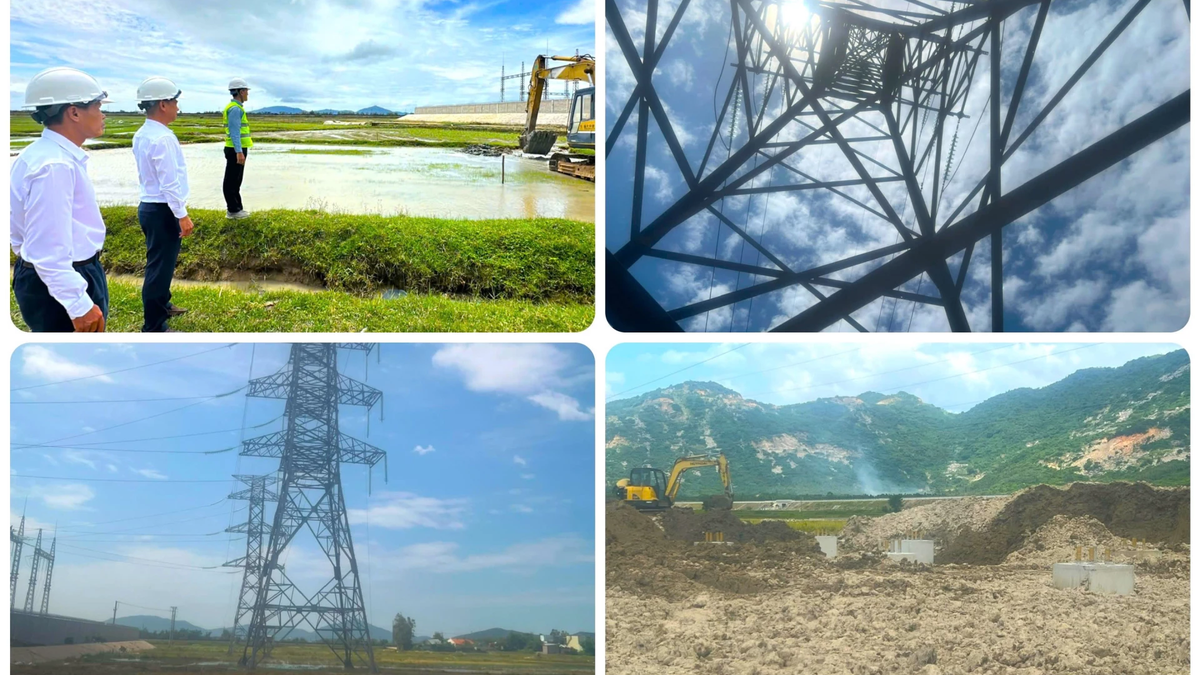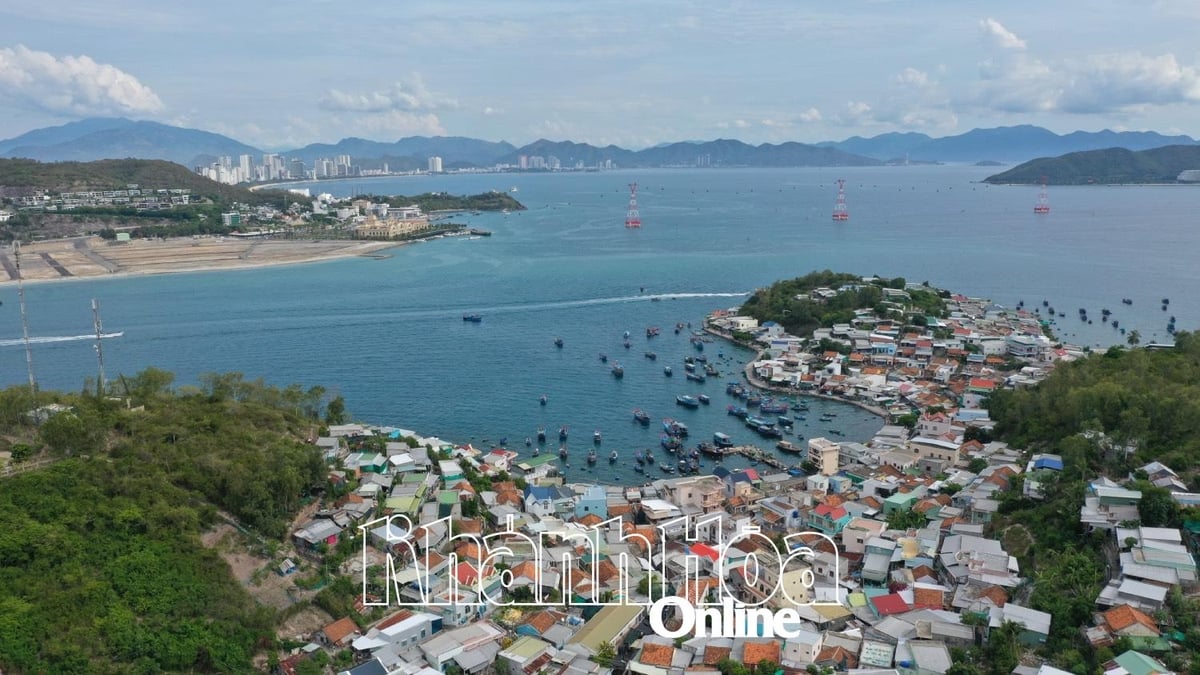
Climate change has caused unusually harsh weather at some popular tourist destinations in Southern Europe Photo: AFP
Summer in southern Europe is unusually hot. Last weekend, a summer holiday for nearly 20,000 tourists on the Greek island of Rhodes turned into a nightmare as wildfires engulfed the island. On 24 July, 162 fires were reported across Greece and 2,466 tourists and residents were evacuated in northern Corfu overnight. The extreme heat this summer has forced authorities in Athens to close the famous Acropolis and forced tourists on the Italian island of Sardinia to stay indoors. Temperatures soared to 46 degrees Celsius on Sardinia last week, leaving the streets deserted in the peak tourist season. It was so hot that mobile phones stopped working at the warning temperature.
Last week, Eduardo Santander, director of the European Travel Commission (ETC), said some European destinations would “suffer” extreme heat in the summer months when “there is nowhere to escape the heat.” He predicted that warmer weather could prompt tourists to head north instead of south in Europe, or to travel in spring or winter instead of summer. People may also book their holidays at a shorter notice, based on weather forecasts for their destinations.
One of Santander’s predictions has come true. Searches for northern European destinations from southern European travelers increased last week compared to a month earlier, with searches for destinations in Ireland up more than 1,000%, according to eDreams Odigeo, a hotel and flight booking site. While Europe’s tourism industry is expected to grow at an average annual rate of 3.3% until 2032, the frequency of extreme events in southern Europe could push tourists to destinations in the north of the continent, Moody’s said. Heatwaves could “reduce the attractiveness of southern Europe as a tourist destination in the long term or at least dampen summer demand.”
European tourists are not only looking for temperate, cool destinations like Northern Europe instead of hot and humid destinations. Some are also choosing to travel off-season to avoid the sweltering heat this summer.
Data from ETC shows that the trend of visitors choosing to travel between June and November this year is down 4% compared to 2022, but still at a high level of 69%. Spain is the most popular tourist destination, but only 8% of those surveyed by ETC said they were planning a local holiday in the coming months. This is closely followed by southern European countries such as France (7%), Italy (7%), Greece (5%) and Croatia (5%). The popularity of Mediterranean holiday destinations has dropped 10% compared to last year, when Europe experienced its hottest summer days on record. However, ETC said that holiday destinations in countries such as the Czech Republic, Bulgaria, Ireland and Denmark have recorded large numbers of visitors due to the trend of finding cooler climates.
Climate change could change the cool climates of some places beyond recognition. According to Bloomberg , a recent study predicts that by 2050, Madrid’s climate will resemble that of Marrakesh in North Africa. And London’s temperatures will resemble Barcelona’s. This would be a major shift for Europe’s travel and tourism industry, which contributed 1.9 trillion euros ($2.1 trillion) to the region’s economy last year, and could alter normal travel routes in ways that could be particularly damaging to some southern European countries.
According to a European Commission report released this year, the world will warm by up to 4 degrees Celsius by the end of the century, and the number of tourists to Greece’s Ionian Islands will fall by more than 9%. Meanwhile, the number of tourists to Wales will increase by 16%. That change will be a big blow to countries whose economies depend heavily on tourists. Tourism accounted for 14.9% of Greece’s GDP in 2021, and 9.1% and 8.5% of Italy and Spain’s GDP, respectively.
Thai An
Source






















![[Photo] National Assembly Chairman attends the seminar "Building and operating an international financial center and recommendations for Vietnam"](https://vphoto.vietnam.vn/thumb/1200x675/vietnam/resource/IMAGE/2025/7/28/76393436936e457db31ec84433289f72)













































































Comment (0)